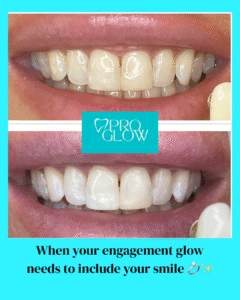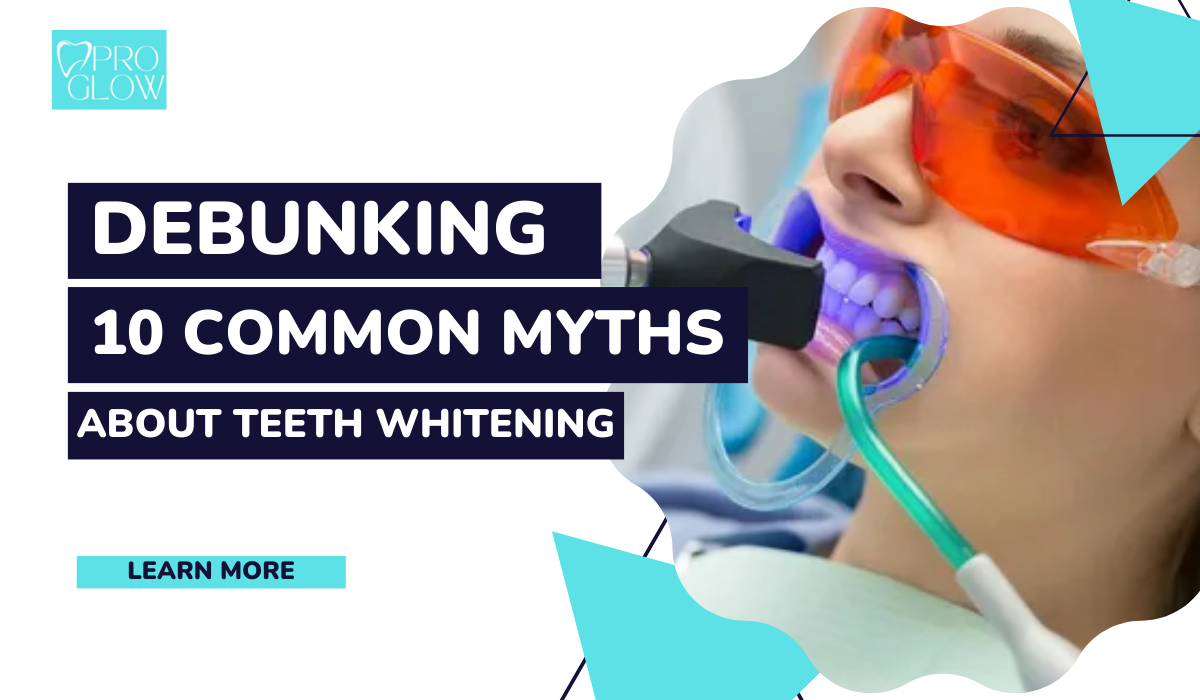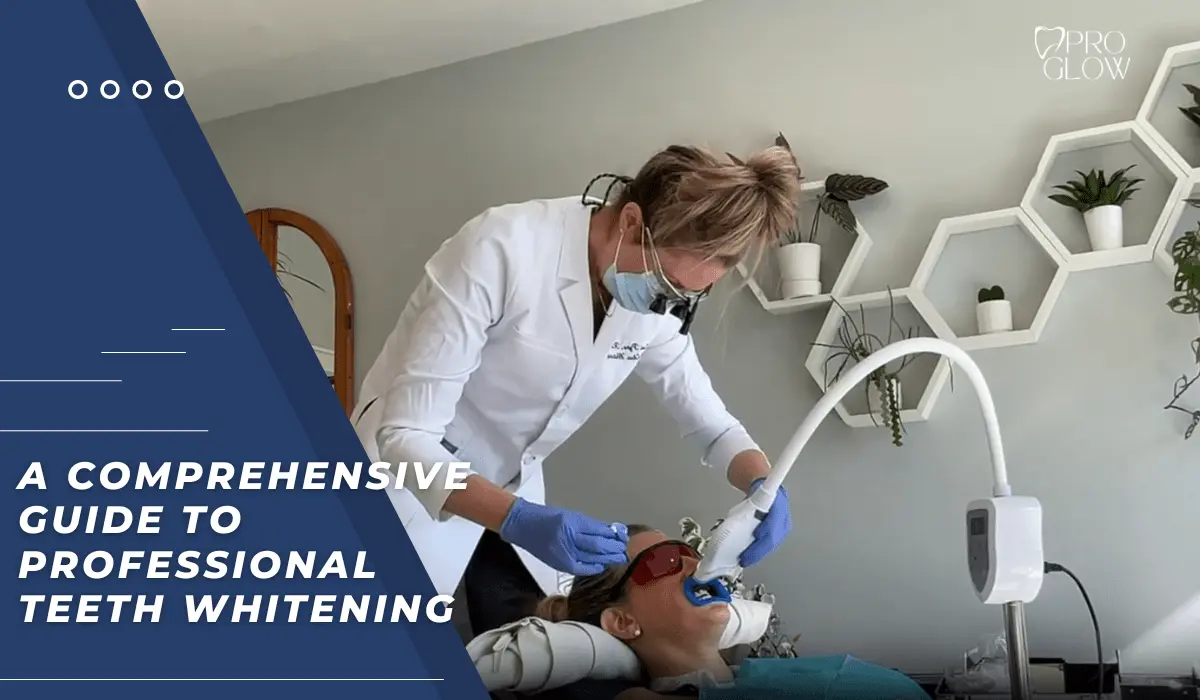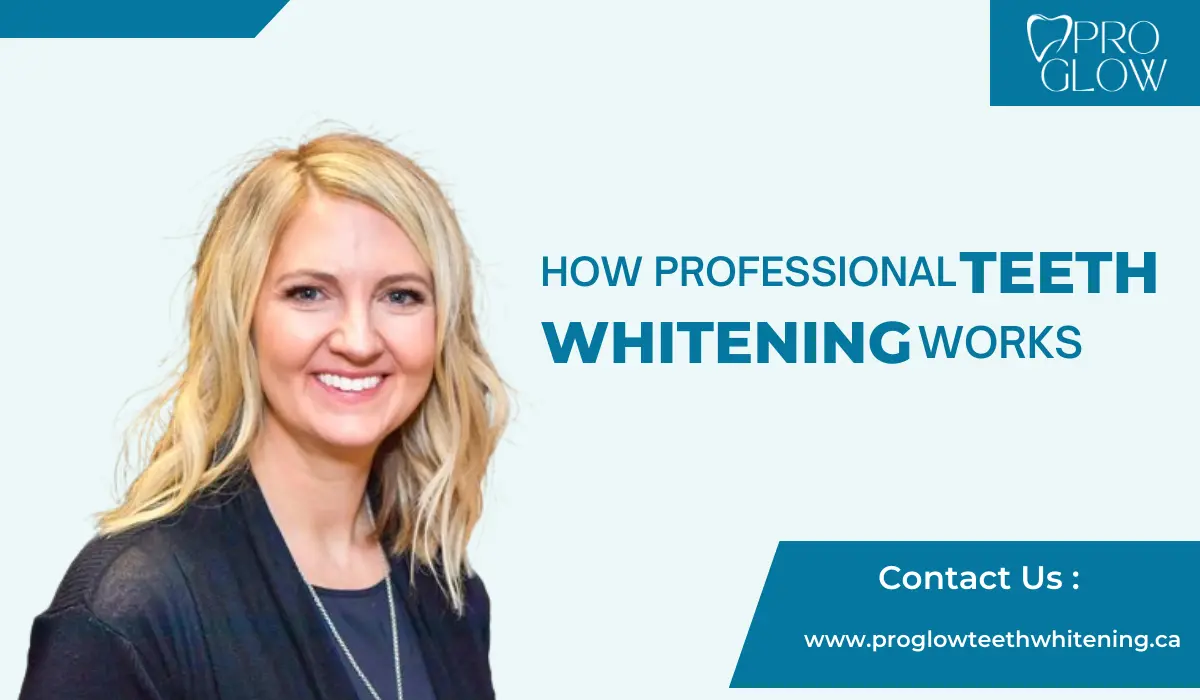In recent years, the rise of natural beauty and oral care products has brought charcoal toothpaste into the spotlight, touted for its ability to whiten teeth and detoxify the mouth. With its deep black hue and earthy origins, many consumers are curious about whether this trendy alternative is truly effective or merely a passing fad. However, as enthusiasts flock to their local stores to stock up on this unique toothpaste, a crucial question arises: Is charcoal toothpaste safe for your teeth? In this article, we will explore the science behind charcoal toothpaste, its potential benefits and drawbacks, and help you determine if this popular product is a suitable choice for your dental care routine.
Understanding the Benefits of Charcoal Toothpaste
Charcoal toothpaste has gained considerable popularity in recent years, often celebrated for its purported whitening effects and natural ingredient appeal. Derived from activated charcoal, this type of toothpaste is believed to help remove surface stains on teeth, providing a brightening effect that many consumers find desirable. The abrasive nature of activated charcoal can aid in polishing teeth, giving them a whiter appearance. Moreover, its absorbent properties are thought to help eliminate toxins and harmful bacteria in the mouth, contributing to overall oral health.
Despite its rising fame, many people wonder: is charcoal toothpaste safe? The answer is nuanced. While many users report positive experiences, it is essential to consider the potential drawbacks associated with its use. The abrasive quality of charcoal can erode tooth enamel over time if used excessively or improperly. Enamel plays a critical role in protecting teeth from decay, and once it is worn down, it cannot regenerate. Therefore, moderation is crucial when incorporating charcoal toothpaste into one’s oral hygiene routine.
In addition to its whitening benefits, some users appreciate that charcoal toothpaste may help reduce bad breath and promote fresher breath overall. The activated charcoal is said to neutralize odors effectively, making it a popular choice for individuals seeking an added layer of freshness in their mouths. However, consumers should be diligent in selecting products that include fluoride, as fluoride is vital for protecting teeth against cavities and decay.
Ultimately, while charcoal toothpaste can be a valuable addition to your dental care routine, it is essential to use it wisely. Consulting with a dentist can provide personalized guidance on whether charcoal toothpaste is suitable for you based on your unique oral health needs. By understanding both the benefits and the potential risks, individuals can make informed decisions that promote not just a brighter smile, but also long-term dental health.
Potential Risks of Using Charcoal Toothpaste
Charcoal toothpaste has gained significant popularity in recent years, often marketed as a natural alternative for achieving whiter teeth and improving oral health. However, there are potential risks associated with its use that consumers should be aware of before incorporating it into their dental care routine. While activated charcoal may have some beneficial properties, such as absorbing toxins, its abrasive nature can lead to increased wear on tooth enamel over time.
One of the primary concerns is that charcoal toothpaste can be overly abrasive, leading to enamel erosion. The outer layer of enamel protects teeth from decay and sensitivity, and once it’s worn away, it cannot be replaced. As enamel diminishes, teeth may become more vulnerable to cavities and staining, counteracting the very benefits that users hope to achieve. Furthermore, without adequate enamel, individuals may experience heightened tooth sensitivity, making it uncomfortable to consume hot or cold foods and beverages.
Additionally, the efficacy of charcoal toothpaste in promoting oral health is still a topic of debate. Many products on the market are not approved by dental associations or subject to rigorous testing for safety and effectiveness. This raises questions about the long-term implications of using such products. Some brands may also contain potentially harmful ingredients or lack crucial fluoride, a mineral essential for strengthening teeth and preventing decay. The safety of charcoal toothpaste remains uncertain, and users should proceed with caution.
Ultimately, while the desire for whiter teeth and improved dental aesthetics is understandable, it is vital to consider the potential risks associated with charcoal toothpaste. Consulting with a dental professional can provide guidance on safe practices and effective alternatives that meet individual oral health needs. In the quest for brighter smiles, finding products that are both effective and safe should always be a top priority, keeping the phrase “Charcoal toothpaste safe” at the forefront of any dental care discussion.
What Dentists & Hygienists Say About Charcoal Toothpaste
Charcoal toothpaste has surged in popularity, with many consumers drawn to its purported natural whitening properties and ability to detoxify the mouth. However, dentists & hygienists express a mix of enthusiasm and caution regarding its use. While activated charcoal possesses adsorbent properties that can theoretically help remove surface stains, many dental professionals emphasize the importance of understanding its effects on overall oral health. The abrasive nature of charcoal can lead to enamel erosion if used excessively, leaving teeth vulnerable to decay and sensitivity.
Dentists & Hygienists raise concerns regarding the lack of comprehensive scientific research supporting the long-term safety and efficacy of charcoal toothpaste. Studies examining its effects are limited, which means that many claims made by manufacturers remain unverified. This uncertainty leads many dental professionals to urge consumers to prioritize established oral care practices, including regular brushing with fluoride toothpaste, flossing, and routine dental check-ups.
In conclusion, while charcoal toothpaste may offer some temporary aesthetic benefits, this is not outweighed by the long term damage it can cause. The advice from dental professionals serves to remind us that not all popular trends in oral care are without potential drawbacks. As with many beauty and health fads, a well-informed approach that balances innovation with proven dental practices is key to maintaining optimal oral health.
How to Use Charcoal Toothpaste Safely
Charcoal toothpaste has gained immense popularity in recent years as a natural alternative for achieving a brighter smile. Its key ingredient, activated charcoal, is believed to absorb stains and toxins, leaving teeth looking cleaner and whiter. However, while many people laud its benefits, questions regarding the safety of charcoal toothpaste have emerged. To ensure you’re making an informed choice, it is essential to understand how to use charcoal toothpaste safely and effectively.
First and foremost, it’s important to choose a reputable brand that guarantees its charcoal toothpaste is free from harmful additives. Look for products that have received the American Dental Association (ADA) Seal of Acceptance or endorsements from dental professionals. When using charcoal toothpaste, remember that moderation is key. It’s recommended to limit use to two to three times per week to prevent potential abrasion to your teeth and enamel. Overuse can lead to increased sensitivity and may wear down enamel, which could ultimately result in dental issues.
When brushing with charcoal toothpaste, apply a pea-sized amount to your toothbrush and use gentle, circular motions, just as you would with regular toothpaste. Allow the product to sit on your teeth for a minute or so to maximize its whitening effects, but avoid leaving it on for prolonged periods. Following up with a regular fluoride toothpaste after using charcoal toothpaste can help protect your enamel and provide additional cavity protection. This practice not only ensures that you are maintaining good oral hygiene but also mitigates some of the risks associated with frequent charcoal application.
Lastly, always keep communication open with your dentist. Regular check-ups will help monitor any changes in your oral health and determine if using charcoal toothpaste is working for you. If you experience any discomfort or changes in tooth sensitivity, consult your dentist to discuss the safest ways to achieve the results you want. Overall, when used correctly, you can incorporate charcoal toothpaste safely into your oral care routine while still prioritizing the health of your teeth and gums.
Debunking Common Myths About Charcoal Toothpaste
Charcoal toothpaste has gained immense popularity in recent years, touted by many as a natural solution for achieving a brighter smile. However, along with this rise in popularity come several myths that may mislead consumers about its efficacy and safety. One common misconception is that charcoal toothpaste is inherently safe for daily use. While activated charcoal does have some absorptive properties that can help remove certain stains, it can also be quite abrasive. Over time, using highly abrasive products could wear down enamel, leading to increased tooth sensitivity and a higher risk of decay. Therefore, it’s crucial to consult with dental professionals before incorporating charcoal toothpaste into your oral hygiene routine.
Another widespread belief is that charcoal toothpaste is a clinically proven whitening agent. Despite its popularity, there is a lack of comprehensive scientific studies confirming its effectiveness compared to traditional whitening agents. Many of the claims made by manufacturers are largely anecdotal and not sufficiently backed by research. In fact, some studies have shown that charcoal may not outperform standard whitening toothpastes in removing surface stains. Thus, while it can provide some whitening effects, it shouldn’t be considered a guaranteed solution for achieving a dazzling smile.
Moreover, people often assume that all charcoal toothpaste products are created equal. Not all charcoal toothpastes are made with the same ingredients or formulations, and some may contain harmful additives. It’s essential for consumers to read labels carefully to ensure they are choosing a product that is not only safe but also effective. Additionally, while many charcoal toothpastes are marketed as natural, this does not automatically mean they are beneficial for dental health. Some formulations can still be detrimental due to their abrasive nature or the presence of fluoride alternatives that lack sufficient evidence of effectiveness.
In conclusion, while charcoal toothpaste has found its niche in the beauty and wellness communities, it is important to approach its use with caution. The question of whether charcoal toothpaste is safe is complex and should be evaluated on an individual basis. By understanding the misconceptions surrounding charcoal toothpaste and seeking informed guidance, users can make better choices for their oral health. Always prioritize dental hygiene products that are backed by research and recommended by professionals to ensure both safety and effectiveness.
Choosing the Right Charcoal Toothpaste for You
Charcoal toothpaste has gained immense popularity over the past few years, often advertised as a natural solution for achieving a brighter smile. With various brands flooding the market, choosing the right charcoal toothpaste can be overwhelming. First and foremost, it’s essential to understand the key benefits and potential risks of using charcoal toothpaste. While many users claim to notice improved whiteness and freshness after using it, some dental professionals raise concerns about its abrasiveness, which can damage tooth enamel if used excessively. Therefore, when selecting a product, consider its formulation and whether it includes added ingredients like fluoride or natural extracts that can bolster its effectiveness and safety.
One crucial aspect many consumers wonder about is whether charcoal toothpaste is safe for regular use. The answer is nuanced and largely depends on the specific product and individual dental health conditions. It’s advisable to look for toothpaste that has been tested for safety and approved by relevant dental associations. Consulting a dentist before incorporating charcoal toothpaste into your oral care routine can help you safeguard your enamel while still benefiting from the whitening potential. Remember that it’s not merely about using a product but understanding how it fits into your overall dental hygiene strategy.
Moreover, personal preference plays a significant role in selecting the right charcoal toothpaste. Various brands offer different textures, flavors, and aesthetic appeal, which can make your experience more enjoyable. You might prefer a milder flavor or a paste that produces a satisfying foam. Additionally, consider if you have any dietary restrictions or sensitivities to specific ingredients. Many charcoal toothpastes are formulated without certain additives, such as gluten or artificial flavors, which might be important for some consumers.
In summary, while charcoal toothpaste can be an appealing option for enhancing your oral hygiene routine, it necessitates careful consideration of various factors. Always prioritize safety and consult with dental professionals to ensure that the product you choose aligns with your individual needs. By doing thorough research and being mindful of how charcoal toothpaste interacts with your oral health, you can make an informed decision that leads to a brighter, healthier smile without compromising safety.
The Science Behind Charcoal Toothpaste
Charcoal toothpaste has gained popularity in recent years as a natural alternative for teeth whitening and oral hygiene. The idea behind this trend revolves around activated charcoal, a form of carbon that has been treated to increase its surface area and porosity. This process allows charcoal to attract and bind to various substances, which is why it’s often employed in water filtration and toxin absorption. Proponents of charcoal toothpaste claim that it can effectively remove stains from teeth and improve overall dental health. However, many people wonder if charcoal toothpaste is safe for everyday use.
Research into the safety and effectiveness of charcoal toothpaste has yielded mixed results. On one hand, some small studies and anecdotal evidence suggest that activated charcoal can help remove superficial stains due to its abrasive properties. However, this abrasiveness raises concerns about enamel erosion. The outer layer of enamel is crucial for protecting teeth, and using products that are too abrasive can lead to increased sensitivity and a higher risk of cavities. As a result, dental professionals often caution against the regular use of charcoal toothpaste, especially for those with softer enamel or existing dental problems.
Another key consideration concerns the absence of fluoride in many charcoal toothpaste formulations. Fluoride is a mineral known for its ability to strengthen tooth enamel and prevent decay. Many conventional toothpastes contain fluoride to provide this protective benefit. Although some charcoal toothpaste brands are starting to incorporate fluoride, consumers should be cautious and look for products that maintain a proper balance between charcoal and fluoride to ensure their oral health is not compromised. Furthermore, the long-term effects of charcoal toothpaste on oral health are still not well understood, necessitating further research and professional guidance.
In conclusion, while charcoal toothpaste may offer some benefits in terms of cosmetic whitening, it’s essential to approach its use with caution. Those contemplating incorporating it into their dental routine should consult with their dentist to ensure it aligns with their oral health needs. Until more conclusive evidence emerges regarding its long-term safety, moderation is key, and users should prioritize products designed to protect and strengthen their enamel in addition to any aesthetic goals.
Alternatives to Charcoal Toothpaste for Teeth Whitening
When it comes to teeth whitening, many people have turned to charcoal toothpaste for its natural appeal and claims of effectiveness. However, there is ongoing debate about whether charcoal toothpaste is safe for everyday use. Some experts raise concerns about the abrasive nature of charcoal, which may wear down enamel over time, potentially leading to increased tooth sensitivity and other dental issues. Fortunately, there are several alternatives to charcoal toothpaste that can help achieve a brighter smile without compromising oral health.
One increasingly popular option is baking soda, a mild abrasive that can effectively remove surface stains while being gentle on enamel. When mixed with water to form a paste, baking soda can be applied to the toothbrush and used in place of regular toothpaste a few times a week. Its natural alkalinity also helps neutralize acids in the mouth, contributing to overall oral hygiene.
Another alternative is hydrogen peroxide, a common ingredient found in many over-the-counter whitening products. Using a diluted solution as a mouth rinse or incorporating it into a homemade whitening paste can promote teeth whitening while also acting as an antibacterial agent. However, it is essential to use hydrogen peroxide in moderation, as excessive use can cause irritation to the gums and mouth. For those who prefer convenience, many whitening strips and gels available in pharmacies utilize peroxide as a primary ingredient, providing a safe and effective solution without the mess of DIY methods.
Tips for Maintaining Oral Health While Using Charcoal Toothpaste
Maintaining oral health while using charcoal toothpaste is a topic of increasing interest among consumers seeking natural alternatives to traditional dental hygiene products. Though charcoal toothpaste has gained popularity for its purported whitening effects and detoxifying properties, it is essential to consider the implications for overall oral health. One of the primary concerns is the abrasiveness of charcoal, which can lead to enamel erosion if used excessively or improperly. Therefore, it is crucial to limit the frequency of use and to always pair it with a gentle, fluoride toothpaste to ensure a balanced approach to dental care.
When using charcoal toothpaste, pay attention to your brushing technique. Brush gently to minimize abrasion and avoid vigorous scrubbing, which can wear down your enamel. It’s advisable to consult with your dentist about incorporating charcoal toothpaste into your routine, as they can provide personalized guidance and help monitor your enamel’s condition. Moreover, incorporating regular dental check-ups into your routine is essential, as this allows your dentist to assess the effects of the charcoal toothpaste on your teeth and gums, ensuring that your oral health remains a priority.
Another vital aspect of maintaining oral health while using charcoal toothpaste is to remain diligent about overall dental hygiene. Charcoal toothpaste should not replace regular flossing and mouthwash use, as these practices play critical roles in preventing plaque buildup and gum disease. Ensure you’re using a soft-bristled toothbrush and following up with fluoride treatments, which can help strengthen enamel and protect against decay. Additionally, staying hydrated promotes saliva production, which plays a key role in oral health by neutralizing acids and washing away food particles.
In conclusion, while many consumers wonder if charcoal toothpaste is safe, the answer lies in how we use it. By being mindful of brushing techniques, frequency of use, and maintaining a comprehensive oral care routine that includes regular dental visits, individuals can enjoy the potential benefits of charcoal toothpaste without jeopardizing their dental health. As with any dental product, moderation is key, and it’s essential to prioritize practices that keep your teeth and gums healthy in the long run.
Final Verdict: Is Charcoal Toothpaste a Safe Choice for Your Dental Health?
Charcoal toothpaste has become a trendy option among oral care enthusiasts, often touted for its purported ability to whiten teeth and detoxify the mouth. However, the question of whether charcoal toothpaste is safe for dental health continues to linger. Unlike traditional toothpastes, charcoal formulations typically contain activated charcoal, which is believed to adsorb impurities and stains. Despite these attractive claims, it is crucial to consider the potential risks associated with using charcoal toothpaste.
Many dental professionals express concerns about the abrasive nature of charcoal toothpaste. Studies have shown that the particles in activated charcoal can be rough on tooth enamel, which, if worn down, may lead to increased sensitivity and vulnerability to cavities. While the initial whitening effects may be appealing, the long-term consequences of enamel erosion can outweigh these short-lived benefits. Therefore, individuals need to weigh the short-term aesthetic results against the potential for long-term damage.
Moreover, the effectiveness of charcoal toothpaste compared to conventional toothpaste is another area of debate. Most traditional toothpastes contain fluoride, a key ingredient that helps prevent cavities and strengthens enamel. Charcoal toothpaste often lacks fluoride, which raises questions about its overall value in maintaining comprehensive dental health. It’s essential to remember that while the formulation may promise natural whitening and detoxification, it should not replace regular dental care practices, including fluoride use.
In conclusion, while charcoal toothpaste may appear to be an appealing alternative for those seeking whiter teeth, the evidence surrounding its safety is still inconclusive. Many dental experts advise caution, suggesting that individuals consult with their dentists before incorporating it into their routines. Ultimately, the choice comes down to balancing the allure of vibrant smiles with the critical aspects of maintaining healthy, strong teeth. Therefore, while trying out charcoal toothpaste may seem tempting, it’s essential to prioritize overall dental health by exploring safer, more effective options.
